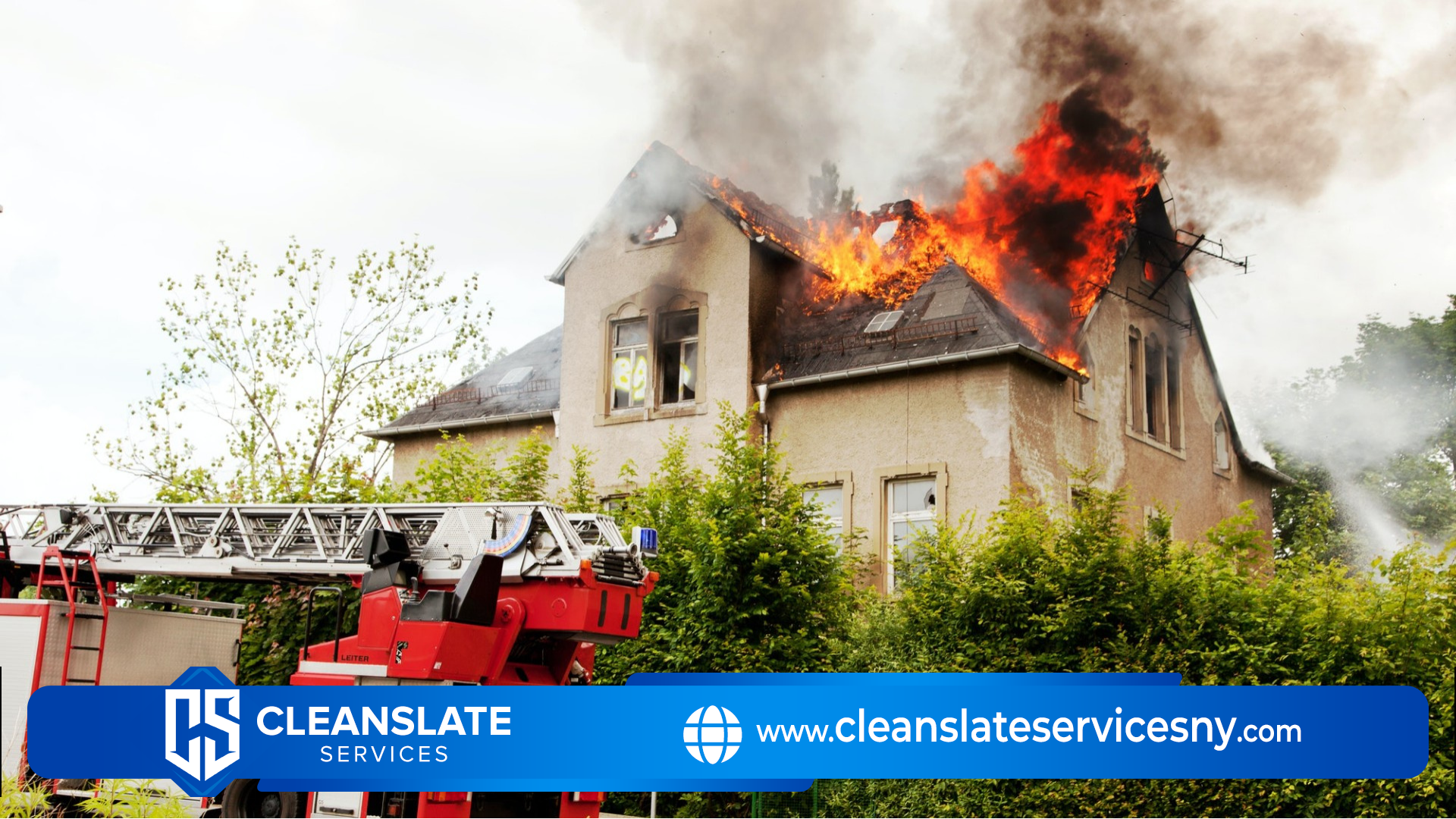Every year, wildland fires threaten the safety and security of millions of homeowners. As a homeowner, it’s important to ensure that your home is prepared for the worst.
Read on to learn more about how you can keep your home safe during fire season.
Install Smoke Detectors & Fire Extinguishers
Installing smoke detectors and fire extinguishers throughout the house can help protect against potential fires down the line. Make sure that smoke detectors are checked regularly and fire extinguishers have enough pressure to be used in case of emergency.
Clear Away Debris
The first thing you should do to prepare your home for fire season is clear away any debris that could act as fuel in the event of a wildland fire. This includes dead leaves, branches, and other flammable materials such as woodpiles or mulch. Make sure to dispose of these materials safely and in accordance with local laws and regulations.
Keep Your Gutters Clean
Gutters are an essential part of protecting your home from fire damage, so make sure they are kept clean throughout the year. Gutters should be regularly inspected for debris build-up, which can quickly become a major fire hazard if left unchecked.
Make sure that gutters are securely fastened to the roof and free from any cracks or leaks that could compromise their integrity in the event of a wildland fire.
Trim Trees & Shrubs
Trimming trees and shrubs helps to reduce the risk of fires spreading quickly through your yard. Make sure all tree branches are at least 10 feet away from any structures on your property, including fences and sheds.
Check Your HVAC System
Taking a close look at your HVAC system can help make sure it’s running safely during a potential fire danger period. Have an air conditioning technician check out your ductwork for leaks or clogs, as well as inspect all electrical components of the unit for frayed wiring or exposed outlets.
It may also be beneficial to install carbon monoxide detectors near HVAC systems if they do not already exist in the home.
Create Defensible Space
Defensible space is an important concept when it comes to preparing your home for wildfire season. This is a designated area around your house where combustible materials have been removed or reduced so that a fire has less fuel to spread if it were to reach your property line.
The size of this space will vary depending on the type of vegetation surrounding your home; however, it should generally be at least 30 feet wide in all directions around your house or other structures on your property.
If necessary, use hardscape materials like gravel or concrete pavers as well as low-growing shrubs and trees that are less likely to catch fire than taller plants like conifers or eucalyptus trees.
What Should You do if You Live in a High-Fire-Risk Area?
Assess the risk level of your home. Look at the vegetation around your house, identify any dead or dying trees, and remove them if necessary.
Check with your local fire department to find out if there are any restrictions on activities such as barbecuing or campfires in your area. It’s also important to know where the nearest fire station is located so that you can reach help quickly if needed.
Create a Fire Safety Plan
Once you have assessed the risk level of your home, it’s time to create a fire safety plan. Make sure all family members know what they need to do in case of an emergency.
This should include having an evacuation plan and meeting place in case you need to leave quickly—and don't forget about pets! It’s also important that everyone knows how to contact emergency services and where to go if they get separated from one another.
Make sure everyone knows how and when to shut off utilities like gas, water, and electricity; this will help prevent fires from spreading even further.
How to Evacuation in case of a Wildfire?
Stay Informed
The best way to be prepared is to stay informed. Monitor local news outlets such as radio stations, television stations, or websites that provide updates with current information on where the fire is located, what roads are closed, and what evacuation orders are in place.
Knowing what is happening in real time can help you make quick decisions about when it’s time to leave and how much time you have before an evacuation order is issued in your area.
Pack Your Essentials
When packing your essentials during an evacuation, make sure that you include important documents such as birth certificates, passports, driver’s licenses, social security cards, etc., as well as any irreplaceable items like photographs or jewelry.
In addition, remember to pack pet supplies if applicable, and any medications that may be necessary during the time away from home. It is also important to bring enough food and water for at least three days.
Evacuate Early
If there is a risk of wildfire near your home or community, it’s best to evacuate early rather than waiting until the last minute when conditions may become more dangerous. If possible, try to leave before official evacuation notices are issued so that you can avoid heavy traffic on the roads and possible road closures due to fires or other hazardous conditions.
Leaving early will also give you more time to find alternate lodging if needed since hotels may fill up quickly during emergency situations like this one.
What should You do with Your Pets during a Wildfire?
Create a Safe Space
If you're unable to evacuate immediately, create a safe space indoors or outdoors for your pet. Make sure that the space is secure and away from the fire's path.
Consider providing shelter like shade tents or tarps if there is no available indoor area for them. Ensure that their space is well-ventilated but protected from smoke inhalation by closing windows and doors when possible.
Keep an eye on air quality levels in the area as well; if the air becomes too smoky or toxic, consider evacuating sooner rather than later with your pet in tow.
Keep Your Pet Calm
It's important to keep your pet calm during times of stress or danger—especially when it comes to wildfires—so that they don't become overwhelmed or frightened by the situation at hand.
Talk soothingly to them during this time and provide comfort with extra cuddles or treats if possible. If your pet displays signs of anxiety such as pacing or panting heavily, consider speaking with their vet about medications that may help calm them down while they wait out the danger of the wildfire season.
Conclusion
Fire season can be an unsettling time for homeowners who live in areas prone to wildfires—but there are things you can do to protect your home from potential danger.
By ensuring that debris is cleared away from around the house, gutters are regularly cleaned out, and defensible spaces are created around structures on the property, you can make sure that your family remains safe during this potentially dangerous period of time each year.
Contact Clean Slate Services Today!
Clean Slate Services will do everything we can to ensure your experience with us is excellent.
Request A FREE Estimate
CHECKOUT RECENT POST





